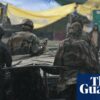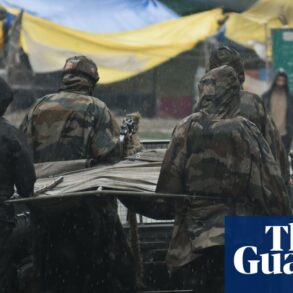
Blockchain developer Kartik Patel has introduced Anon World, a social platform based on the Farcaster protocol designed for anonymous interactions.
Anon World builds on Patel’s earlier project, Anoncast, by adding Reddit-style functionality for community-driven discussions while maintaining full user anonymity.
A key feature of the platform is the mandatory use of ZK-based credentials stored locally in the user’s browser. The platform does not collect metadata or wallet information.
Loading…
To post messages, users must hold specific ERC-20 tokens. Currently, the platform supports tokens on the Base network, with plans to expand to other blockchains and credential types in the future.
Anon World includes features similar to subreddits, where groups of users with shared credentials can interact. These communities are supported by tokens, shared Farcaster accounts, and joint wallets.
Users can store their credentials in a local wallet or link them to a passkey-based profile, enabling consistent identity across multiple devices.
Previously, Patel launched AnonCast, a decentralized application built on Farcaster, allowing users to post anonymously and relay their posts to other platforms like X. By using ANON tokens, AnonCast ensured anonymity through zero-knowledge proofs.
What is Farcaster?
Farcaster is a decentralized social network built on an open-source protocol, allowing users to create, publish, and share content independently of centralized platforms.
One of Farcaster’s core features is that user data is stored in decentralized systems rather than on company servers, ensuring a high level of privacy and protection from censorship.
The platform also provides tools for integration with other applications and services, enabling developers to build innovative solutions on top of Farcaster.
In late 2024, Farcaster introduced an update to Frames, aiming to revolutionize how Web3 social applications interact and enhance user experiences.
This post was originally published on this site be sure to check out more of their content







